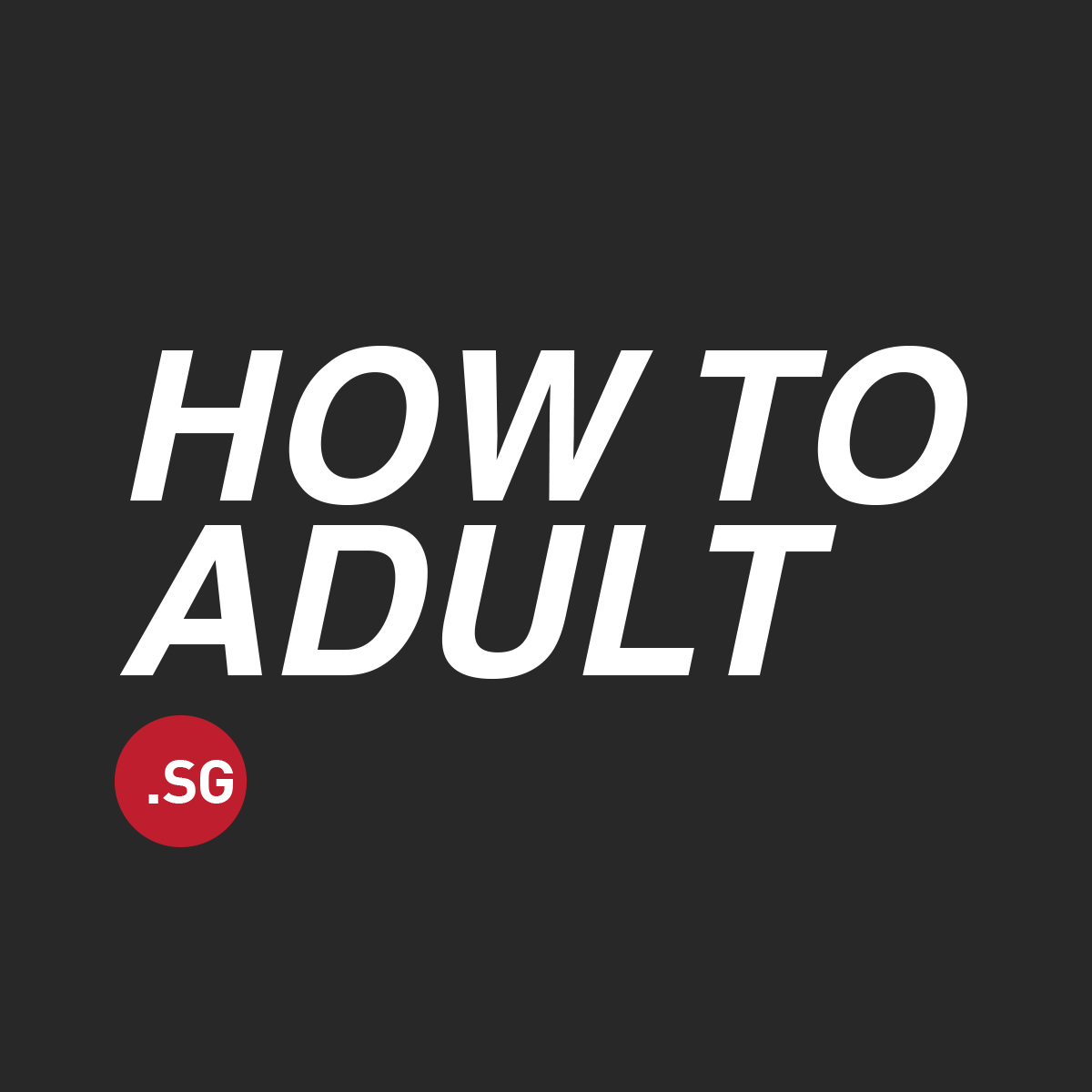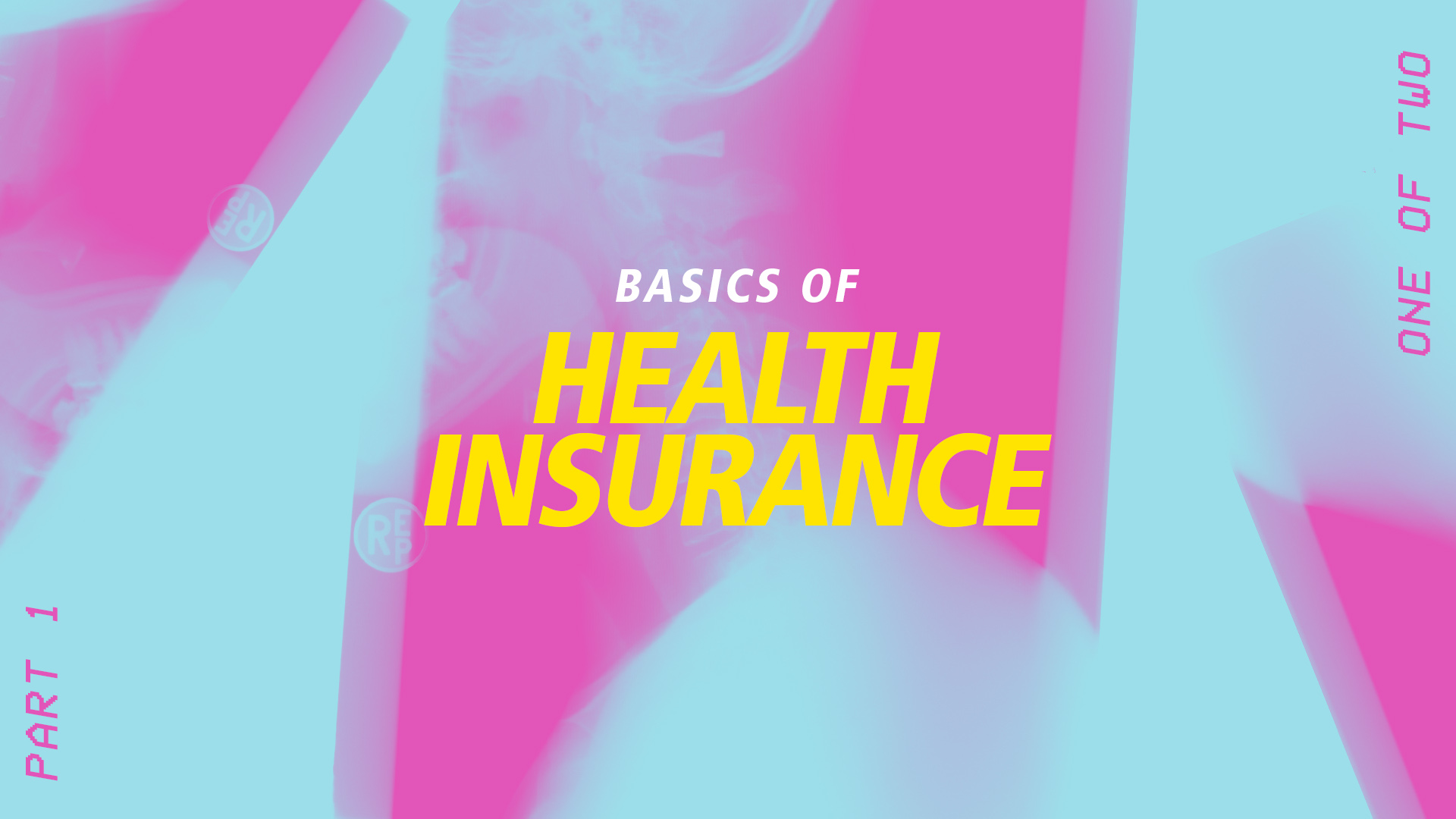This article is part one of a two-part series.
Health insurance prevents you and your family from suffering a major financial loss as a result of an accident, illness or disability.

There are different types of health insurance policies to help you and your family cope with expenses during these times. Some policies provide cash to help make up for income loss while you are disabled or hospitalised. Others help to cover the costs of medical treatments or nursing care.
Note that some health insurance policies are short-term and only covers you for a limited period. Remember to check that your policy covers the duration you require. If you buy a short-term policy, check whether there is guaranteed renewability if this is important to you.
The best time to get health insurance is when you are young and healthy. If the policy is applied when health conditions are more developed, the insurer may exclude those conditions from coverage.
Most policies also have a last entry age after which you will not be able to apply for coverage. The insurer may also charge a higher premium if you have health conditions or entirely decline your application.
Common Features of Health Insurance
Claim Limits
There are limits to the amount you can claim under a policy. In the case of medical expense policy, the policy may include limits for all claims as well as limits set for each illness, disability, year or for a lifetime.
You can make claims on two or more policies to get higher benefits, but having several medical expense policies does not necessarily provide extra benefits as the total benefit you will get is limited to your actual expenses.
Deductible and Co-Insurance
A deductible is the initial amount you need to pay yourself for claim(s) made in a policy year, before insurance coverage applies. Usually, you only need to pay the deductible once in a policy year.
Co-insurance (or co-payment) is the amount you need to share after you pay the deductible, and it is usually expressed as a percentage.
It is common to find a ‘deductible’ and ‘co-insurance’ condition in medical expense insurance policies. These conditions help to keep premiums affordable but the policy may not fully cover costs with its limited benefits.
The amount of expenses after subjecting it to the claim limits, deductible and co-insurance, will be covered by the policy.
Age Limit and Policy Exclusions
Most health insurance policies are not available to us once we reach a certain age.
Some health insurance policies provide cover for your whole life while others provide cover for a fixed period of time, or up to a certain age. Choose a product with a length of cover that suits your needs.
All health insurance policies contain some ‘exclusions’. Exclusions are conditions or circumstances where benefits will not be paid. ‘Pre-existing conditions’, illnesses or disabilities you had before you sign up for the product, are generally excluded from cover.
When you apply for health insurance, you must give details of any illnesses, disabilities or medical conditions you have or have had in your application. The insurer will then decide whether or not to provide cover for that medical condition.
Note that you may be charged higher premiums (loading) or your coverage may be restricted because of the medical conditions you have and/or because of certain occupational exposure you may face. Hence, it is advisable to buy health insurance while you are still young and healthy.
Insurers may also impose a loading (i.e. charge a higher premium) for a health condition, rather than exclude it altogether. This depends on the underwriting decision of the insurer.
Exclusions vary from policy to policy. Besides pre-existing conditions, there are other exclusions in a policy that you should look out for. For example, general out-patient medical services and alternative or complementary treatments, including Traditional Chinese Medicine (TCM) may be excluded. Read the policy document carefully to find out exactly what you are or are not covered for.
Most health insurance will also impose a waiting period of 30 to 90 days, whereby no benefits will be payable if the illness happens during the waiting period.
Policy Riders
A policy rider is an addition to an existing policy, which provides supplementary coverage. If the rider accelerates the basic policy’s benefit, the policy may expire after the rider is paid out.
Examples of rider benefits include:
- Coverage of deductible and/or co-insurance, which helps you to pay 100% of the deductible and/or co-insurance subject to limits;
- Daily hospital benefit, which pays a certain amount of cash for each day that you are warded;
- Critical illness benefit, which pays a lump sum benefit upon diagnosis of any one of the 30 critical illnesses covered by the policy.
Premiums
Premiums can be charged in different ways. With regular premium policies, you pay regular premiums throughout the life of the policy. With single premium policies, you pay one premium at the start of your cover.
If you are paying regular premiums, the amount of the premiums may change as you grow older. Before you buy your policy, you will be given a table which shows the premium you will have to pay in the future, depending on your age at that time. The insurer may also have the right to change the premium at any time by giving you written notice. In most cases, the premiums shown are not guaranteed and are subject to change.
You must keep up with payments of any regular premiums due. So before you buy any policy, make sure you can afford to pay the premiums over the long term. If you do not keep up with premiums, the policy may lapse and you may not have the coverage you want when you need it.
Consider the following health insurance policies:
- Disability income insurance
- Medical expense insurance, e.g. Medishield and Integrated Shield Plans
- Long-term care insurance, e.g. ElderShield and ElderShield supplements
- Critical illness insurance
- Hospital cash insurance
Coordination of Benefits (COB)
Coordination of Benefits (COB) is a process by which two or more insurers who are insuring the same person for the same or similar group of health coverage limit the total benefits received by the insured.
The primary health care is the health insurance that will pay first on medical claims. Secondary health insurance will pay after the primary health insurance pays their portion. At no point will the combination of primary and secondary health insurance pay more than 100% of the claim that is being paid.


